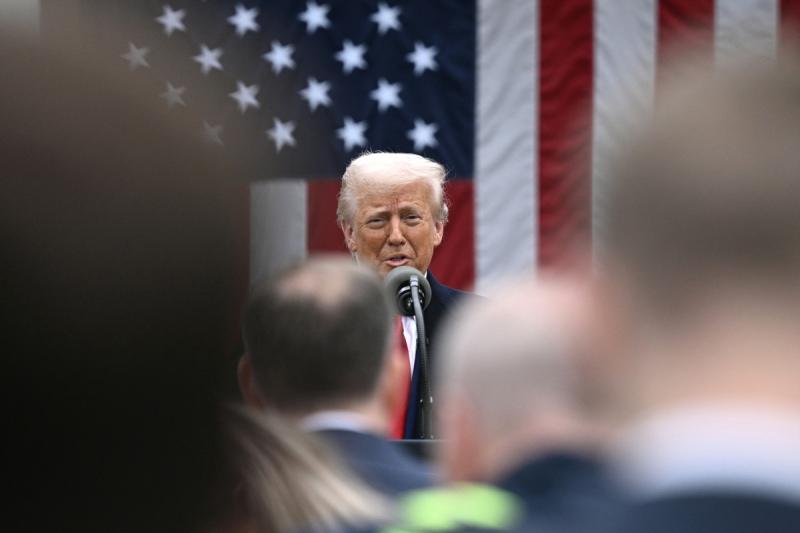You need to read between the lines of an innocuous press release from the Ministry of Economy and Finance. That’s how the CPME (Confederation of Small and Medium-sized Enterprises) discovered that its member businesses—and all others—will soon have to pay to issue and receive invoices from their clients. This means yet another financial burden for French companies!
Contrary to what was initially announced by the Ministry of Finance, companies will have to rely on private digital invoicing platforms—which, of course, will be paid services. The public platform, Chorus, is still not ready. It has been announced that companies will need to process their invoices through one of 70 private platforms that will charge for their services—naturally!
Small and medium-sized enterprises will be required to comply with this electronic invoicing obligation starting in September 2027. The commendable goal is to combat VAT fraud, which costs the state treasury €9.5 billion annually.
Bercy’s (the French Ministry of Finance's) idea is to better control the issuance and reception of business invoices. Employer organizations claim to understand the need to combat VAT fraud. However, what was originally announced as a free service for companies is now turning into a paid one—classic French style!
To top it all off, no expert as of today knows the exact cost of this new requirement for businesses. The cost has not yet been estimated and will likely depend on the volume of invoices. It could also take the form of a subscription or a pay-per-transaction model. With Bercy, anything is possible!
It’s expected that large corporations will be better positioned to negotiate the cost of their invoicing. As for small businesses, they will have to bear the expense, which risks adding further difficulties for them and could have a negative impact on unemployment rates.
Unless, at the last minute, the government gives itself more time to implement a free public platform or delays the transition to full electronic invoicing. But let’s not get our hopes up. The state is strapped for cash—oh, how much so! It will seize every opportunity to impose on businesses and taxpayers.
 French
French














